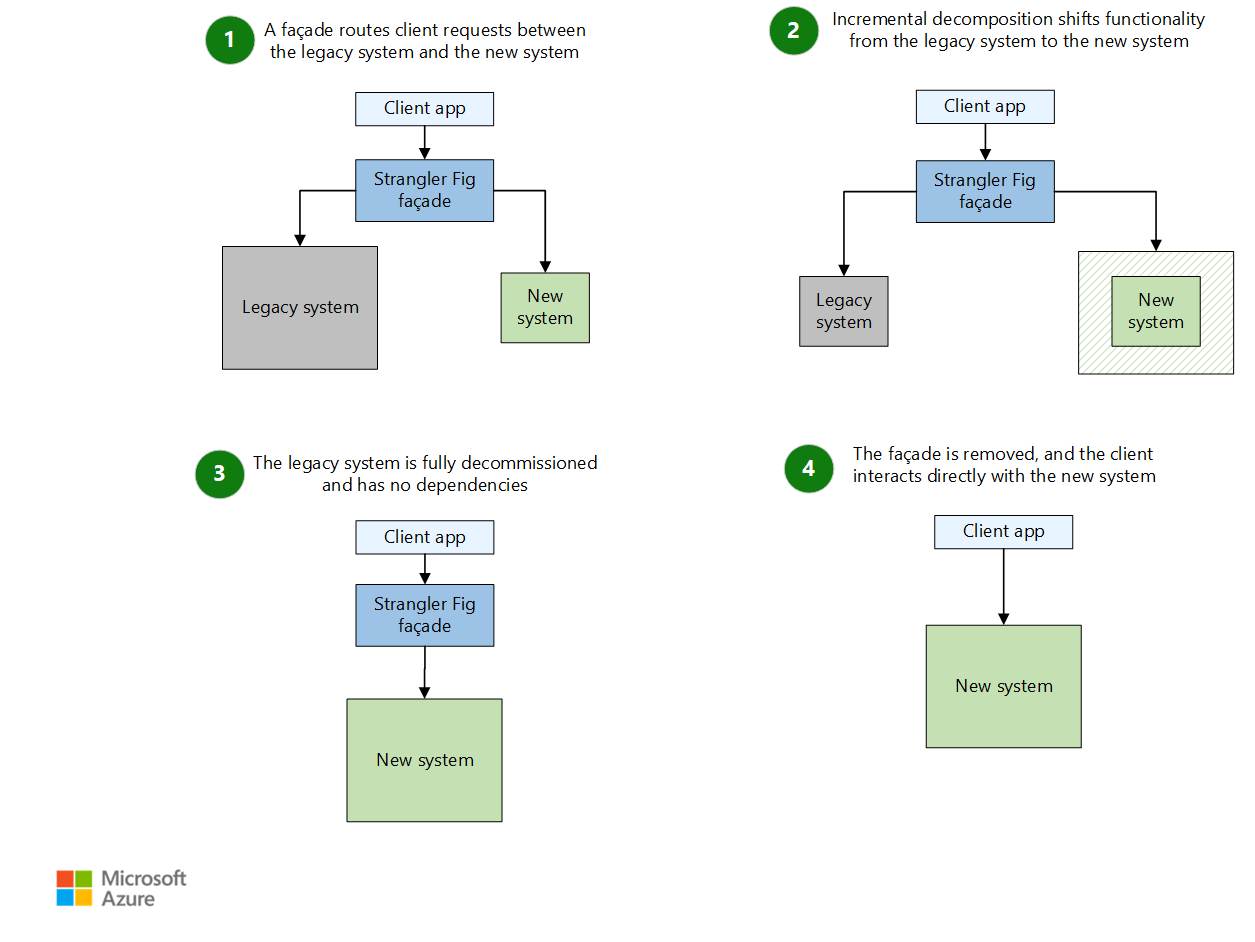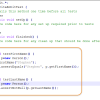In PHP, the in_array() function is a built-in function that is used to check if a value exists in an array. The function takes two mandatory arguments: the value to search for and the array in which to search for it.
For example, the following code checks if the value “apple” exists in the array $fruits:
$fruits = array("banana", "orange", "apple", "strawberry");
if (in_array("apple", $fruits)) {
echo "The value exists in the array.";
} else {
echo "The value does not exist in the array.";
}
The above code will output “The value exists in the array.”
It also accept an optional third argument, $strict, which when set to true, the function will also check the types of the values. So if you are looking for a value that is 0 in an array that contains “0” as well, using strict check will return false while non-strict check will return true.
$arr = array(0, "0");
if (in_array("0", $arr, true)) {
echo "found 0 as a string";
}
elseif (in_array(0, $arr, true)) {
echo "found 0 as an integer";
}
This will output “found 0 as an integer”.
It is important to note that if the third argument, $strict, is not passed to the function, it defaults to false. This means that the function will perform a loose comparison (==) instead of a strict comparison (===). This can lead to unexpected results, especially when searching for values of different types. For example, the following code will return true when the $strict parameter is not passed, because “0” is loosely equal to 0:
$arr = array("1", "2", "3", "0");
if (in_array(0, $arr)) {
echo "0 is in the array";
}
This will output “0 is in the array”.
However, this can cause problems in certain situations and it’s recommended to always pass true as the third argument to ensure that the function performs a strict comparison and returns the expected results.
In summary, in_array() function is a useful function in PHP to check if a value exists in an array. But it’s dangerous if not passing the $strict parameter to avoid the unexpected results and it’s recommended to always use the $strict parameter for the better results.













Comentários Recentes